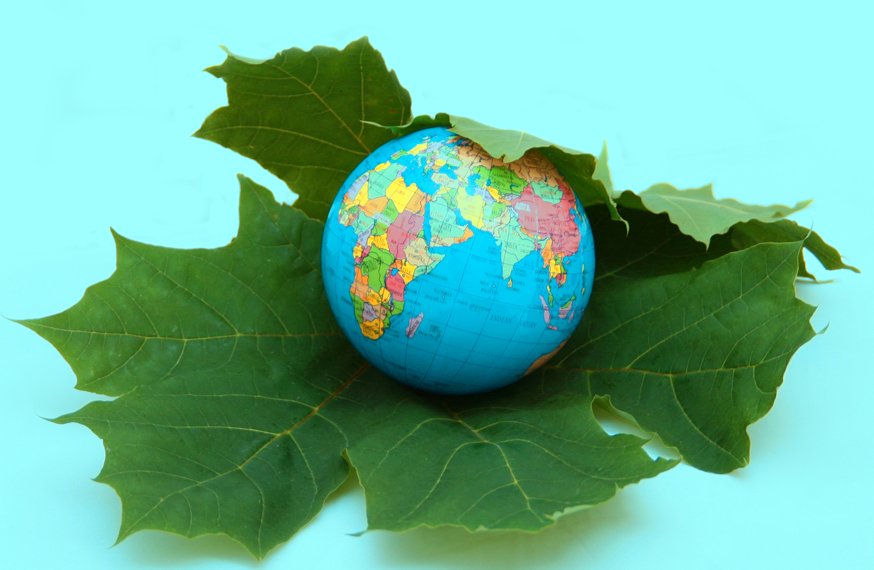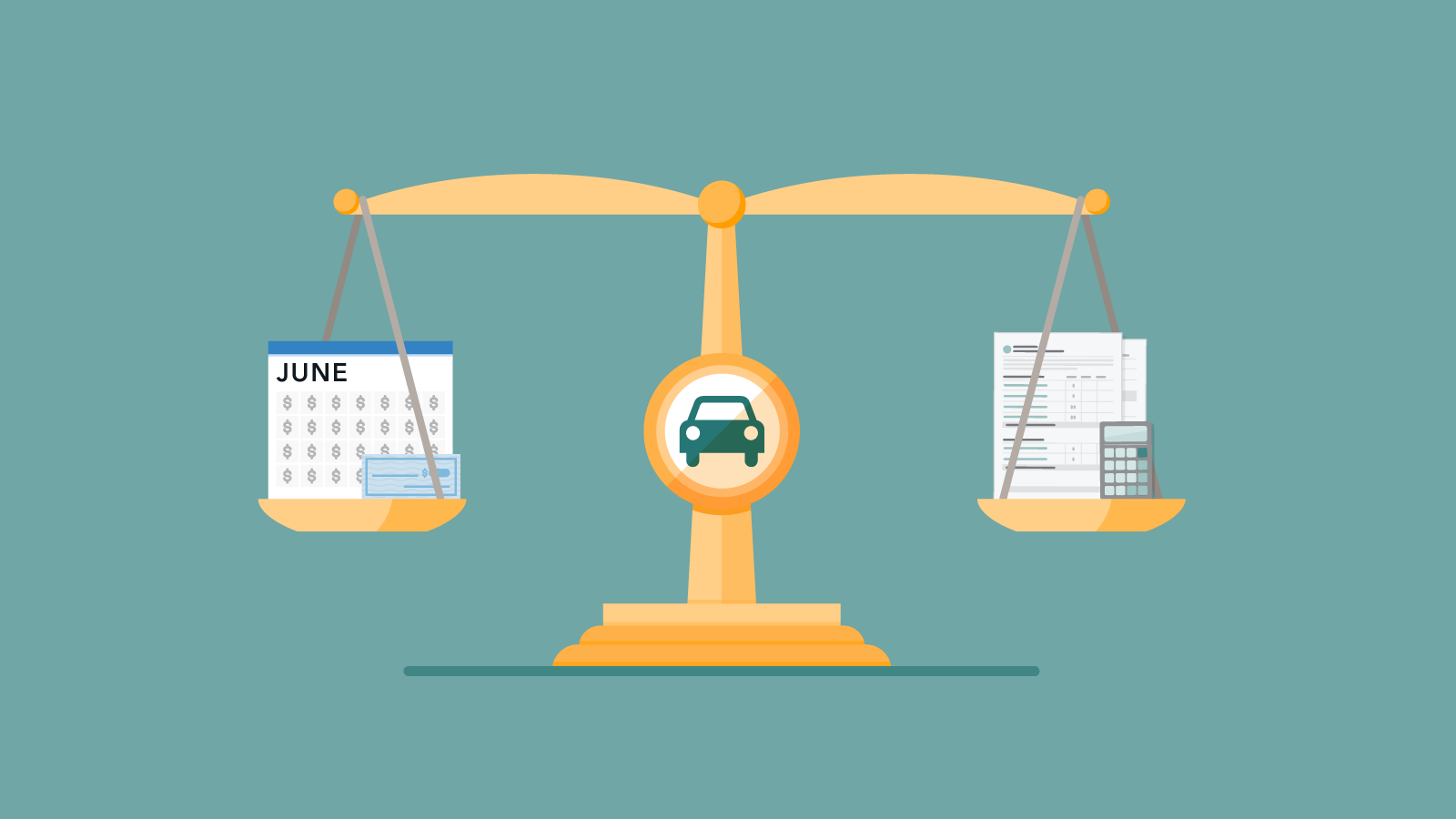The speed of change even on the Internet is picking up pace. Every day there are new innovations that change the way that people interact, work, socialise and live. From driveless cars, to wearable technologies, 3 D printers and the internet of things, disruptive innovations pop up everyday like pop corn. The crucial issue here is that Internet is becoming even more intrinsically linked to our lives than ever before, especially with the commencement of the Internet of Things, where inanimate devices will be linked to the Internet. This brings up questions about how the future of the internet will be. Xiaodong Lee (2014) asks who should protect and regulate the internet. These are good questions which at the current time many do not have a clear answer to. But this is already being debated in many areas, and Xiaodong Lee reports on the Global Agenda Council experts’ commentary.
It is explained by Lee that Gartner reports that by the year 2020 there will be 26 billion devices on the Internet of Things. This degree of networking will transform our environment. Is all this rapid pace innovation good news ? Many question themselves about it. In Lee´s blog post, the author reports that Anil Menon, the President of Smart+Connected Communities at technology giant CISCO believes that connecting objects to objects will not necessarily be helpful in and of itself. Rather, the connecting of things to processes and then using the data that results to change the way that we operate will drive tremendous change. However, Menon does believe that there will be some standards that need to be put in place with regard to network operability so that the power that is being created will be accessible to everyone. This is likened to communication between doctors who are unable to speak the same language – the same is needed for data according to Menon.
Amazing opportunities lie in wait, according to Menon. For example, it is explained that TaKaDu is a company based in Israel that provides cloud-based water management to cities as far flung as in Singapore and Australia. There is no need to be locally based to achieve this because everything can be managed online. At the same time, Menon suggests that there will be other transformational changes in the way that we operate. For example, doctors will be able to provide diagnoses without being physically present in many cases. This will be a particularly important development in developing countries and in rural areas, where there will be increased access to experts.
How to Govern The Internet In The Future?
It is these types of issues that leads to the questions regarding the governance of the internet. Who governs the Internet after all ? According to Wikipedia, no one governs the Internet, as the Web is a globally distributed network comprising many voluntarily interconnected autonomous networks. It operates without a central governing body , rather having a rizomathic network in which each element, sets and enforces its own policies. In an interesting video published by Newspaper The Guardian, one learns how seven key holders coming from all over the world, are actually the ones who could switch off the Internet, as they together control security at the core of the web. Are they the ones who govern the Internet then ?
Looking closer at the situation, in reality the people and infrastructure that developed the Internet is still very much within Western institutions. For example, Lee highlights the fact that: “Assignation of IP addresses and online namespaces is handled by ICANN, based in California.” And: “Authority over the Internet’s Domain Name System (DNS)ultimately lies with the US National Telecommunications and Information Administration.”
There have been calls to stop this type of US dominance over the Internet. However, one of the problems with that is that there are few people in some countries that are technologically equipped to be able to contribute to regulating the Internet. Lee points out that the West benefits from great knowledge and information, but Africa has much less ability to contribute in this way. However, this inequality will need to be addressed so that developing countries can contribute at bodies like ICANN, explains Lee. In fact, Lee proposes that no one country rules the Internet and that a new body is set up to handle this, with input from a greater diversity of nations.
Others point out that there are challenges with governance given the speed at which the Internet is evolving. It is suggested by Professor Helen Margetts, Director of the Oxford Internet Institute that while governance is desirable and while this should be more globally focused, it is hard to be able to really govern it differently than it is now, since authorities are unable to keep up with the speed of change. Margetts argues for a “multi-stakeholder” approach where there is no one point of failure and no overruling dominance by any one set of interests. There are concerns that if any one body had an overreaching power then there could be censorship and other issues. Margetts also raises concerns over the amount of information that organisations like the NSA and GCHQ have relating to individuals.
Margetts questions whether existing laws can be enforced online at all, such as fraud, copyright, libel and data protection, as well as freedom of expression. Some areas create risk, such as paedophilia, and there are questions about how such issues should be managed. However, Lee suggests it will all shake out in the way it should, likening the situation to the fact that there were almost no cars 100 years ago, while now there are 5 or 6 million cars in most big cities and yet people know how to handle them and manage the situation. It is an interesting analogy… we will all see what happens in the future.

Paula Newton is a business writer, editor and management consultant with extensive experience writing and consulting for both start-ups and long established companies. She has ten years management and leadership experience gained at BSkyB in London and Viva Travel Guides in Quito, Ecuador, giving her a depth of insight into innovation in international business. With an MBA from the University of Hull and many years of experience running her own business consultancy, Paula’s background allows her to connect with a diverse range of clients, including cutting edge technology and web-based start-ups but also multinationals in need of assistance. Paula has played a defining role in shaping organizational strategy for a wide range of different organizations, including for-profit, NGOs and charities. Paula has also served on the Board of Directors for the South American Explorers Club in Quito, Ecuador.


























